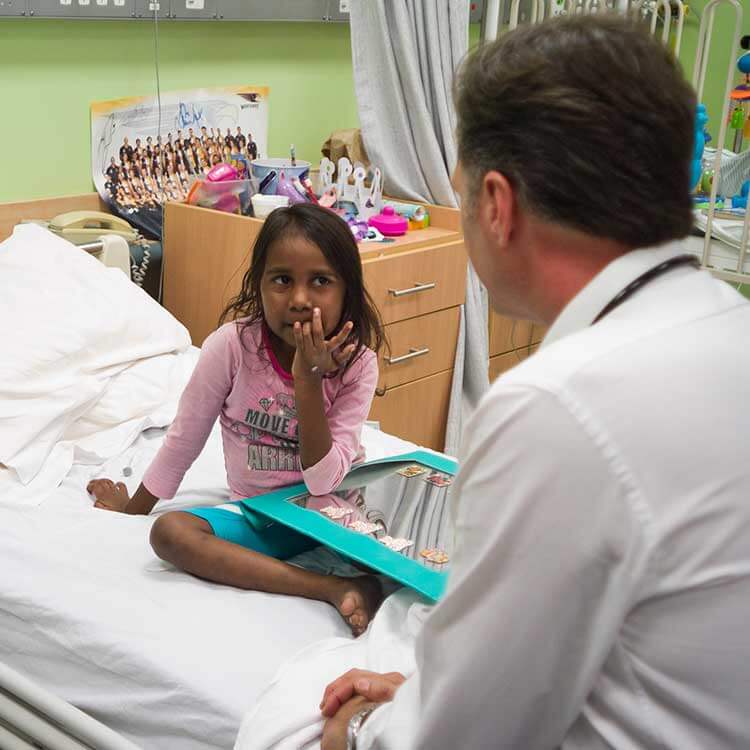Search
Showing results for "Au"
Research
Associations of early-life pet ownership with asthma and allergic sensitization: A meta-analysis of more than 77,000 children from the EU Child Cohort NetworkStudies examining associations of early-life cat and dog ownership with childhood asthma have reported inconsistent results. Several factors could explain these inconsistencies, including type of pet, timing, and degree of exposure. Our aim was to study associations of early-life cat and dog ownership with asthma in school-aged children, including the role of type (cat vs dog), timing (never, prenatal, or early childhood), and degree of ownership (number of pets owned), and the role of allergic sensitization.
Research
Influenza vaccine effectiveness against laboratory-confirmed influenza in healthy children aged 6-59 months:The Western Australian Influenza Vaccine Effectiveness study commenced in 2008 to evaluate a new program to provide free influenza vaccine to all children...
Research
1,25-dihydroxyvitamin D3 enhances the ability of transferred CD4+ CD25+ cells to modulate T helper type 2-driven asthmatic responsesThe severity of allergic diseases may be modified by vitamin D. However, the immune pathways modulated by the active form of vitamin D, 1,25-dihydroxyvitamin D.
Research
Exposure to unhealthy food and beverage advertising during the school commute in AustraliaFood marketing exposure has the potential to influence children's dietary behaviours and health status, however, few studies have identified how 'obesogenic' the outdoor food marketing environment is along public transport (bus and/or train) or walking routes that children take to school.
Research
Autism-related dietary preferences mediate autism-gut microbiome associationsThere is increasing interest in the potential contribution of the gut microbiome to autism spectrum disorder (ASD). However, previous studies have been underpowered and have not been designed to address potential confounding factors in a comprehensive way.
Research
Risk Factors for Gut Dysbiosis in Early LifeDysbiosis refers to a reduction in microbial diversity, combined with a loss of beneficial taxa, and an increase in pathogenic microorganisms. Dysbiosis of the intestinal microbiota can have a substantial effect on the nervous and immune systems, contributing to the onset of several inflammatory diseases.

News & Events
Call for Group A streptococcal infections to become notifiable diseasesResearchers at The Kids Research Institute Australia say Group A Streptococcus should become a nationally notifiable disease in Australia.

News & Events
Study finds high RSV awareness with parents open to future immunisationA The Kids Research Institute Australia study designed to gauge community awareness of respiratory syncytial virus (RSV) has found parents and parents-to-be are highly aware of the virus and are open to immunisation to tackle it.

News & Events
Warm Welcome for the Neonatal Infection and Immunity TeamClinical Professor Tobias Strunk, Dr Andrew Currie and their Neonatal Infection and Immunity Team have become the newest members of the Wesfarmers Centre of Vaccines and Infectious Diseases.
Research
Current options in aerosolised drug therapy for children receiving respiratory supportIn this review, we explore current knowledge and provide guidance as to when and how the inhaled route may be of value when treating patients whose tracheas are intubated
